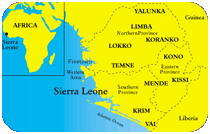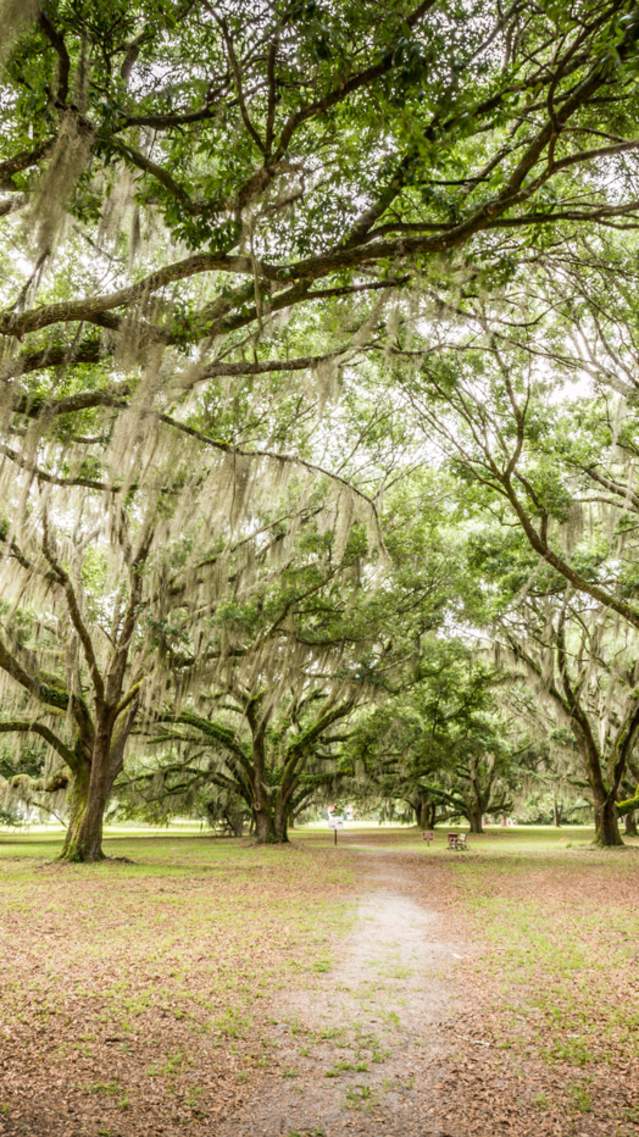The Gullah Geechee Connection
The similarities and characteristics that link the cultures of Georgia's sea islands and the Windward Rice Coast of West Africa are generally referred to as the "Gullah Connection."

Gullah dialects, which combine English with the languages of African tribes, emerged as a result of the complicated patterns of forced immigration and displacement that began as slaves from Africa were brought to this area. The place name, Geechee, derived from the Ogeechee River near Savannah, was used to designate the language and slaves of Coastal Georgia.
Sea Island cotton and rice plantation owners sought slaves based on their "task-orientation." This meant that men and women from Africa's west coast were highly prized for their cotton and rice cultivation expertise, producing a high concentration of slaves along Georgia's coast who possessed common ancestors, customs and languages.
Since speaking in their native African tongue was typically forbidden, Gullah Geechee allowed slaves at least one small act of freedom - communicating with each other, in words and song, in a way which was accepted, yet not understood, by their masters. Today, the influence of Gullah Geechee is evident in many of the distinctive dialects of southerners.
The Gullah Language
Gullah is a unique linguistic contribution of the African-American people to our American heritage. The only English-derived creolized language used in the United States, Gullah was influenced by various creoles spoken by natives of the West Indies, and by English dialects used by plantation overseers in the American colonies. Gullah sounds like English, but has a flavor of the West African coast in its intonation and stress. The Gullah vocabulary is mostly English, with just a few African words. Gullah is recognized by linguists as a distinct language rather than a dialect.
|
Gullah Word |
English Definition/Usage (African Origin) |
|
Bene |
sesame/benne or benny (Wolof) |
|
bidibidi |
small bird or chicken/biddy (Kongo) |
|
buckra |
white man (Ibibio) |
|
guba |
peanut/goober (Angola) |
|
gumbo |
okra (Zaire) |
|
jiga |
insect/chigger (Wolof) |
|
jogal |
to rise, to cause to rise as in joggling board or seesaw (Wolof) |
|
jug (juk) |
infamous or disorderly as in juke box (Wolof) |
|
na, nana |
grandparent or elderly woman (Twi) |
Information From "Gullah for You!" by Virginia Mixson Geraty
